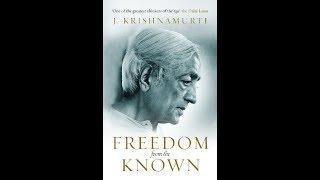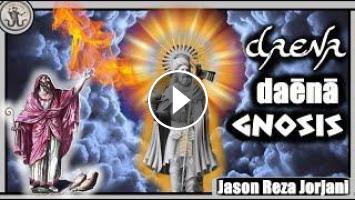Chapters:
1- 00:00 Intro
2- 02:00 Roots of Gnosticism
3- 2:55 Dating Zoroaster & the Gathas
4- 4:00 Langauges & Writing
5- 10:00 Azerbaijan
6- 11:00 Death of Zoroaster
7- 16:00 Medes. Persians, Scythians
8- 17:00 Message of Zarathustra
9- 21:00 Ahura Mazda & Prometheus
10- 32:00 Spenta Mainyu
11- 43:00 Diana/Artemis & Sophia
12- 48:00 Zoroaster Name
13- 50:00 Pythagoras & Pre-Socratics
14- 1:08:00 Heraclitus
15- 1:09:00 Dualist Forces
16- 1:18:00 Persian Empire
17- 1:20:00 Thomas Paine
18- 1:21:00 Platonism & Christianity
19- 1:35:30 Mani
20- 1:44:20 Judaism
21- 1:50:00 Caesar & Rome
22- 1:58:00 Closing Thoughts
https://www.patreon.com/GnosticInformant
Please Consider joining my Patreon to help fund my research and finding scholars to bring on. Any amount helps me. Thank you existing Patrons.
Jason Reza Jorjani, Ph.D
https://jasonrezajorjani.com/
Jason Reza Jorjani, PhD is an Iranian-American philosopher and lifelong native New Yorker. He received his BA and MA at New York University, and completed his doctorate in Philosophy at the State University of New York at Stony Brook. Dr. Jorjani has taught courses on Science, Technology, and Society (STS), the philosophy of Martin Heidegger, and the history of Iran as a full-time faculty member at the New Jersey Institute of Technology. Earlier he taught Comparative Religion, Ethics, Political Theory, and the History of Philosophy at the State University of New York. He is a professional member of the Society for Scientific Exploration (SSE).
Zoroaster is regarded as the spiritual founder of Zoroastrianism. He is said to have been an Iranian prophet who founded a religious movement that challenged the existing traditions of ancient Iranian religion, and inaugurated a movement that eventually became a staple religion in ancient Iran. He was a native speaker of Old Avestan and lived in the eastern part of the Iranian plateau, but his exact birthplace is uncertain.
There is no scholarly consensus on when he lived. Some scholars, using linguistic and socio-cultural evidence, suggest a dating to somewhere in the second millennium BC. Other scholars date him to the 7th and 6th centuries BC as a near-contemporary of Cyrus the Great and Darius the Great. Zoroastrianism eventually became the official state religion of ancient Iran—particularly during the era of the Achaemenid Empire—and its distant subdivisions from around the 6th century BC until the 7th century AD, when the religion itself began to decline following the Arab-Muslim conquest of Iran. Zoroaster is credited with authorship of the Gathas as well as the Yasna Haptanghaiti, a series of hymns composed in his native Avestan dialect that comprise the core of Zoroastrian thinking. Little is known about Zoroaster; most of his life is known only from these scant texts. By any modern standard of historiography, no evidence can place him into a fixed period and the historicization surrounding him may be a part of a trend from before the 10th century AD that historicizes legends and myths.
#JasonRezaJorjani #GnosticInformant #Zoroastrian
- Category
- Spirituality/Religon





